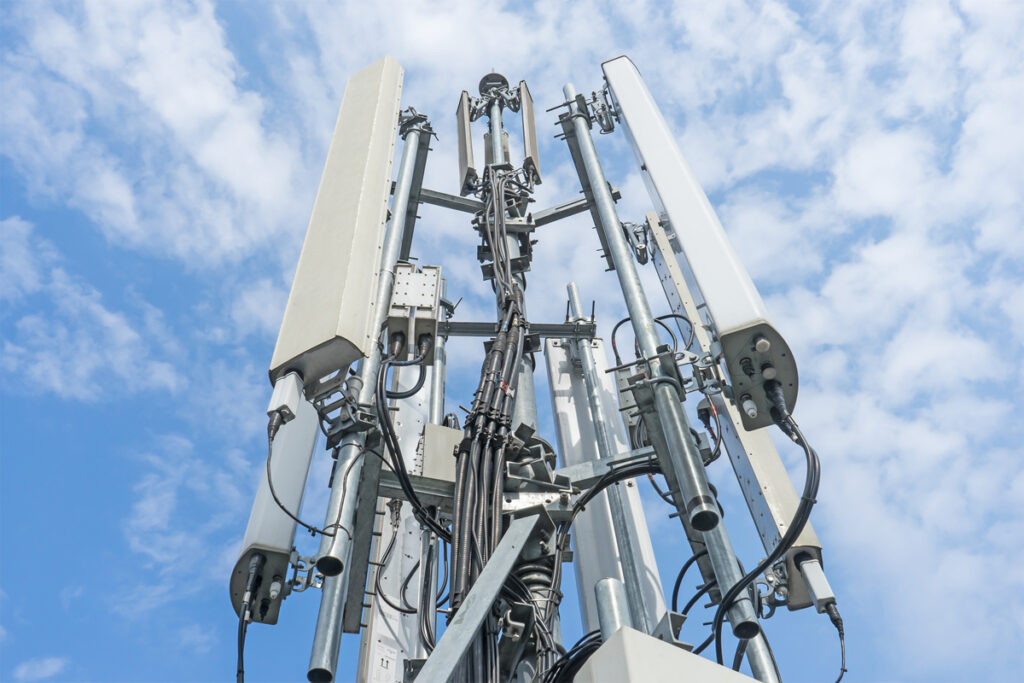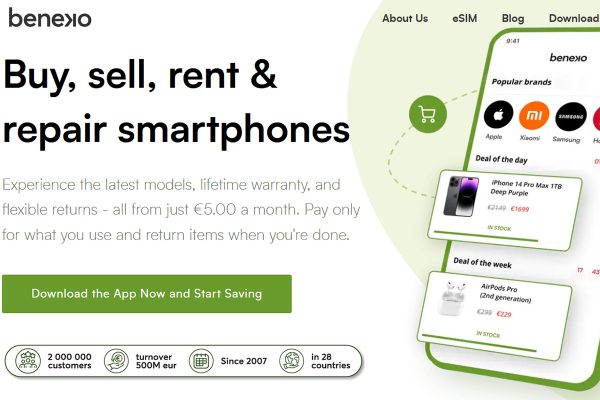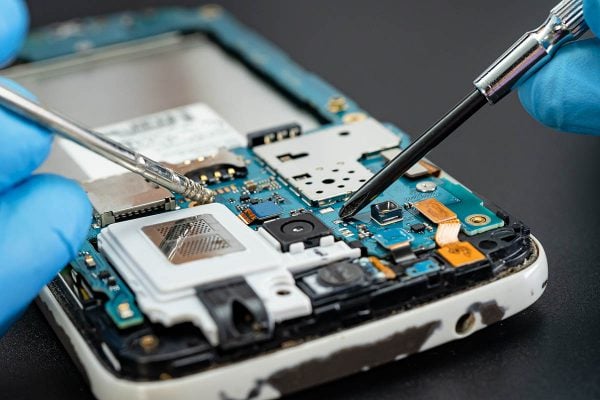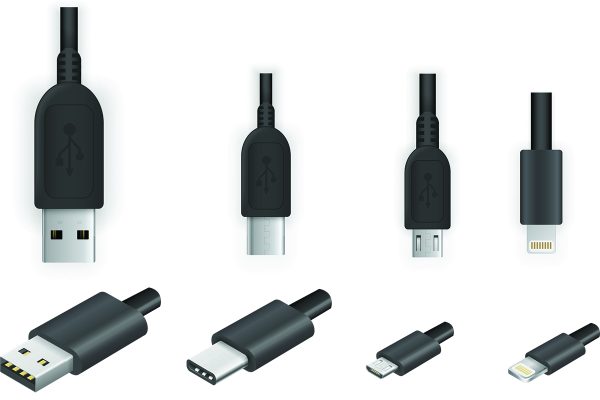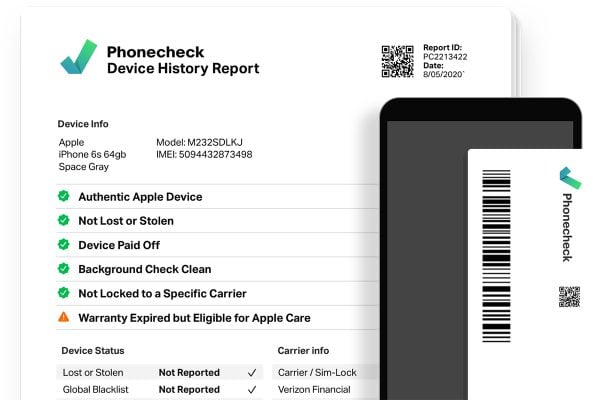Britain, the 5th largest economy in the world is ranked a pathetic 54th in terms of 4G mobile coverage. The typical user paying their mobile phone provider for 4G service can only get 4G half of the time (53%) and this was tested by a mobile signal app downloaded by the public to measure how good their mobile signal was.
The National Infrastructure Commission (NIC) has published its final report into 5G and telecommunication technology which makes practical recommendations as to how 5G should be rolled out to rectify the short comings of 4G coverage. The report points out that 5G can use the same mobile towers as 4G so 4G coverage should also improve.
Frankly we all already knew that our mobile networks are rubbish. You can’t get a signal on trains, the countryside has sporadic coverage around some towns but is largely bereft of a decent mobile signal and even on motorways calls drop out and data connections often don’t exist. Even in cities, if you step into a building you’re often lucky to find you still have a 4G signal.
It’s sad that we still hear from retailers that struggle to run their businesses because of slow Internet or to write about new technology such as mobile payment devices just for someone to laugh and say “If only I could make a phone call let alone get 4G”. There’s no question that we need a vastly improved mobile infrastructure in the UK and now we know we’re ranked 54th in world it’s time to rectify the matter.
Lord Adonis, the NIC Chairman, spared no punches saying “Government must take action now to secure our connected future so we are ready for 5G, and essential services are genuinely available where they are needed“.
The report’s 7 key recommendations
Recommendation 1
Digital infrastructure lies at the heart of the UK’s industrial strategy and affects every sector of the economy. To reflect its importance, ultimate government responsibility for digital infrastructure should reside in one place under a single cabinet minister with the authority to shape policy and delivery across government ensuring that it delivers the government’s overarching digital strategy. This work should report to the Economy and Industrial Strategy Cabinet Committee.
Recommendation 2
Our motorways must have mobile telecommunication networks fit for the future. It is vital that our motorways are able to meet both the long term operational needs of connected vehicles and the connectivity needs of the passengers. This will necessitate the timely installation of an open and accessible mobile telecommunication and backhaul network that is fit for the future.
Recommendation 3
Rail passengers should have high capacity wireless connectivity. This should be achieved through a delivery model that utilises trackside infrastructure to provide an open and accessible mobile telecommunication and backhaul network that is fit for the future.
Recommendation 4
Local government should actively facilitate the deployment of mobile telecoms infrastructure.
Recommendation 5
Government and Ofcom should develop a meaningful set of metrics that represent the coverage people actually receive and use these to determine a mobile universal service obligation setting out the minimum service level people should expect to receive.
Recommendation 6
By the end of 2017 Ofcom and government must review the existing regulatory regime to ensure that it supports the sharing of telecoms infrastructure. This will be particularly important for areas of the country where competition driven markets have struggled to provide the necessary mobile infrastructure.
Recommendation 7
Ofcom and government must ensure they keep pace with the rapid evolution of the mobile communications market, and that the regulatory regime is fit for purpose. By the end of 2017 Ofcom and government must review the regulatory regime to ensure that spectrum allocation and regulatory decisions support a growth model in a world where technology developments enable greater shared access and interoperability. Government and Ofcom should review how unlicensed, lightly licensed spectrum, spectrum sharing and similar approaches can be utilised for higher frequencies to maximise access to the radio spectrum.
